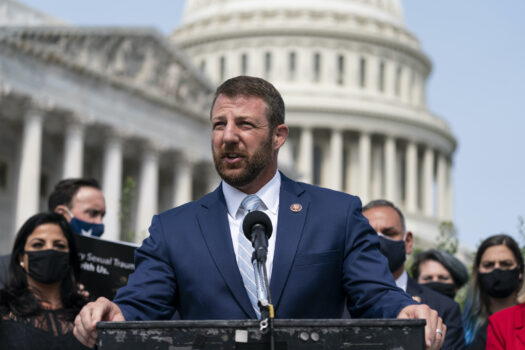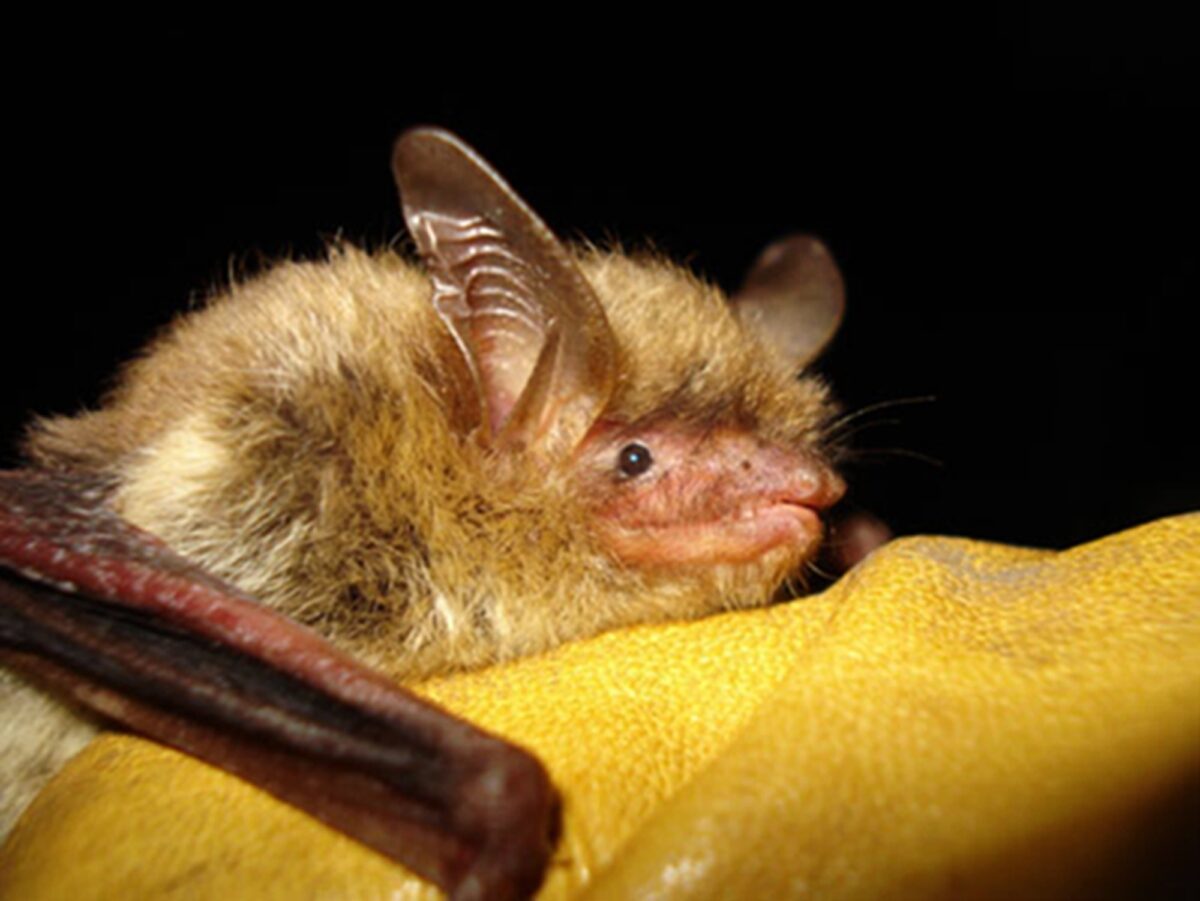The U.S. Senate narrowly approved two resolutions on May 11, both on 51-49 votes, that overturned the Biden administration’s endangered species regulations.
One of the votes struck down the regulation that not only protects areas from development where endangered species live, but also potential habitats for those species. The Senate vote returns the protection of the narrower designation that the Trump administration had put in place, which only made off-limits to building, construction, and timber farming those places where the threatened wildlife presently live.
The Senate also voted to remove a regulation that protects the northern long-eared bat, which has become endangered due to white-nose syndrome. The disease is caused by a fungus that affects the species when it is hibernating in winter. It represents for mammals among the most lethal of illnesses, reducing bat numbers by 97 percent in some areas.
Every Republican, plus Sen. Joe Manchin (D-W.Va.) and Sen. Angus King (I-Maine), supported the first resolution. Republicans also voted unanimously for the second resolution and were joined again by Manchin, as well as Sen. Amy Klobuchar (D-Minn.).
The resolutions will now be considered in the House of Representatives. President Joe Biden said he will veto the resolutions if they are passed in the House.
In response to the vote on the first resolution, the White House issued a statement saying, “The designation of critical habitat, which only directly affects federal agency actions and federally funded or permitted activities, is essential to avoiding the destruction or degradation of habitat that threatened and endangered species need to survive and recover.”
On the second resolution, the White House said it would weaken “America’s proud wildlife conservation traditions” and places the northern long-eared bat at the peril of becoming extinct.
Seeking a Balance
The Senate votes on the endangered species protections represent, and are part of, a long struggle to strike a balance between protecting and conserving wildlife and natural spaces without unduly hampering economic growth and prosperity.
Then there is the claim of Sen. Markwayne Mullin (R-Okla.) who sponsored the resolution that the Senate passed to dismiss special protection of the northern long-eared bat. Mullin took the position that measures should be taken to protect the bat, and that the Biden administration policy wasn’t even doing the bat much good but did stifle needed economic development.

In November 2022, when Mullin introduced the resolution, he referred to an argument that the regulation he opposed increased the total area of wooded lands that could not be developed so as to make them available for bats during the summer, when they roost in the crevices and under the bark of trees. Yet, those who agree with Mullin point out that the bats are not wanting for warm-weather habitat. They get sick in the winter, when they are hibernating in caves, not in the summer, when they reside in the woods and forest.
“This decision will have serious consequences for ongoing infrastructure projects across the state,” said Mullin in a statement he released when he introduced the resolution. “There is no reason to disproportionately increase regulatory burden and hinder economic development when this rule will not affect the primary cause of decline for the northern long-eared bat.
“I am strongly against one-size-fits-all regulation from Washington bureaucrats, and this is no different. We must stop this reclassification and ensure our state and other impacted states can continue efforts to protect this species without the heavy hand of the federal government getting in their way.”

















































